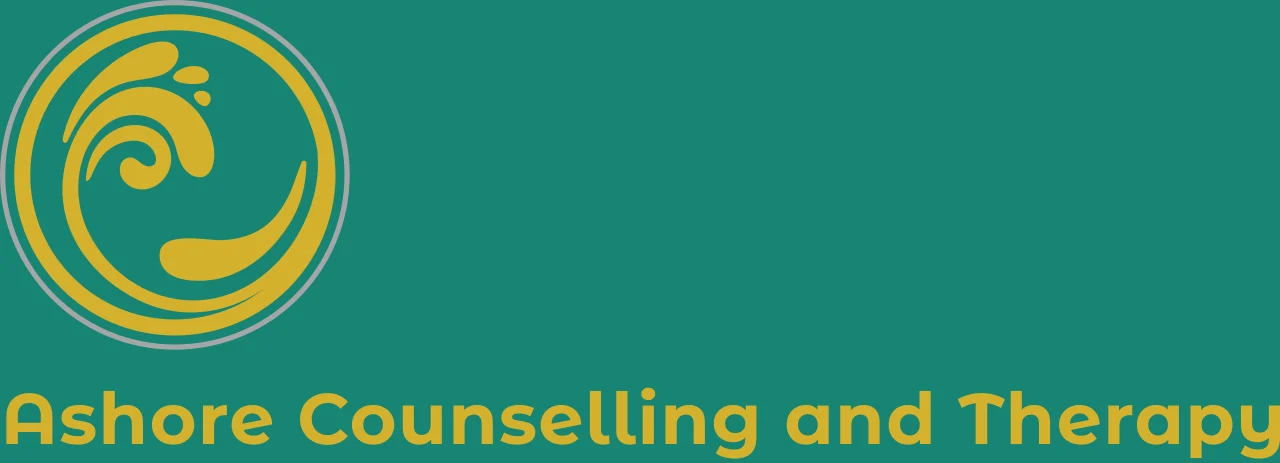Understanding the Emotional Journey
When you’re diagnosed with cancer or living with a brain tumour, the focus is often on medical treatment: scans, appointments, treatment plans, and medical jargon. But the emotional impact — the isolation, loss of control, and identity changes — can be just as profound.
You may find yourself grieving the past you — the person you were before the diagnosis, the life you thought you would live, the energy, abilities, or certainty you once took for granted. Grief isn’t only about losing people we love; it’s also about losing parts of ourselves, our plans, and our sense of safety in the world.
Shock, Isolation, and Pressure to “Be Brave”
From the moment of diagnosis, you’re expected to absorb complex medical information, make difficult decisions while still in shock, and somehow keep going. People often tell you, “You’re so strong” or “You’re so brave.” While meant as encouragement, these words can unintentionally add pressure to behave in a certain way or hide your true feelings.
It can make you feel isolated — as if showing fear, sadness, or frustration is somehow “wrong” — even though these reactions are completely normal. Sometimes medical professionals can also unintentionally dehumanise the experience, talking at you rather than with you, which reinforces the sense that you are “just a diagnosis” rather than a person navigating an incredibly difficult situation.
You may also experience frustration when friends or family say things like “I know someone who had this and they’re fine” or “they didn’t make it.” While well-meaning, these comments can feel dismissive. Remember, every diagnosis, treatment plan, and recovery journey is unique.
Grieving the Old You and Discovering the New You
Acknowledging grief is the first step toward adjusting to life after a diagnosis. It allows you to process sadness, anger, or guilt and start exploring what life looks like now — what strengths, possibilities, and new aspects of yourself might emerge.
This isn’t about “moving on” or pretending everything is fine. It’s about learning to carry the loss while building a new relationship with yourself, grounded in compassion and care.
Self-Compassion and Boundaries
Being kind to yourself is essential. Give yourself permission to rest, to slow down, and to feel your emotions fully. Set boundaries in conversations: it’s okay to say “I don’t want to talk about treatment right now” or “I’ll share updates when I’m ready.” To reduce the burden of repeating yourself, you might find it helpful to set up a WhatsApp group for updates or ask a trusted friend or family member to share information on your behalf.
Practical Tips to Support Yourself
- Give yourself permission to feel – Shock, anger, fear, grief — all your emotions are valid.
- Take a “questions notebook” to appointments – Write down concerns as they arise so you don’t have to rely on memory. You can also ask to record the meeting (with permission) and request a written summary to review later.
- Connect with people who understand – Support groups and communities help normalise feelings and reduce isolation.
- Practice self-compassion – Be gentle with yourself; small, kind actions matter.
- Take your time – There’s no timeline for adjustment. Allow yourself to find your “new normal” at your own pace.
- Explore therapy – A safe, confidential space to process change, grieve the old self, and develop resilience.
Managing Other People’s Reactions
Friends, family, and colleagues may react with fear, sadness, or avoidance. Their worry can feel like an extra weight when you’re already managing your own journey. Therapy offers a space free from anyone else’s expectations, where you can show up exactly as you are — scared, angry, exhausted, or hopeful — and be heard without judgment.
Creating New Connections
Finding people who truly understand what you’re going through can be life-changing. Whether through support groups, online communities, or connections with others who have walked a similar path, these connections can remind you that you are not alone.
How Therapy Can Help
Therapy offers something unique: a space where you don’t have to carry anyone else’s emotions or expectations. It helps you make sense of the loss, explore who you are now, and create space for the “new you” to emerge. Therapy isn’t about fixing you — you’re not broken — but about having a safe, steady space to process what has happened and find ways to move forward in a way that feels right for you.
Resources and Support
Podcasts
- The Brain Tumour Charity Podcast – Stories and guidance from people who understand the diagnosis.
- Cancer Chat UK – Forum where you can have honest conversations about living with and beyond cancer.
- Talking Cancer (Macmillan Cancer Support) – Insightful interviews exploring practical and emotional support.
- Griefcast – Heartfelt discussions about grief and loss but with comedians
Books
- The Cancer Survivor’s Companion – Frances Goodhart & Lucy Atkins
- The Complete Guide to Breast Cancer:How To Feel Empowered and Take Control- Prof Trisha Greenhalgh & Dr Liz O'Riordan
- Radical Acceptance – Tara Brach
- The Year of Magical Thinking – Joan Didion
- What Does It Feel Like – Sophie Kinsella
- I Haven’t Been Entirely Honest With You – Miranda Hart
- A Brain Tumour’s Travel Tale: Cards On The Table, I Pooed Myself – Claire Bullimore
- The Brain Tumour Charity also has a great up to date list of books
UK Charities and Organisations
- Brainstrust
- Email for help and support: Hello@brainstrust.org.uk
- Phone: 01983 292405
- Macmillan Cancer Support - Support phone line: 0808 808 0000 or online chat. 7 days a week 8am-8pm
- Cancer Research UK
- The Brain Tumour Charity
- Email: support@thebraintumourcharity.org
- Phone: 0808 8000004
- Brain Tumour Support - Support phone line: 01454 422701. Open 9am-5pm Monday to Friday
- Cruse Bereavement Care
- Mind UK – Mental health support
- Calm App – Guided meditations and breathing exercises
- Insight Timer App – Many free guided meditations and breathing exercises
- Restorative Yoga & Gentle Movement – Yoga with Adriene-Youtube or local/online classes
- Samaritans- 116 123. Can be called for free anytime
💙 If you’re living with a life changing diagnosis such as cancer, a brain tumour, or supporting someone who is, you don’t have to face it alone. I offer counselling for cancer patients and their families to process grief, anxiety, and identity changes.
👉 Get in touch with me to arrange therapy and find a safe space to talk.

